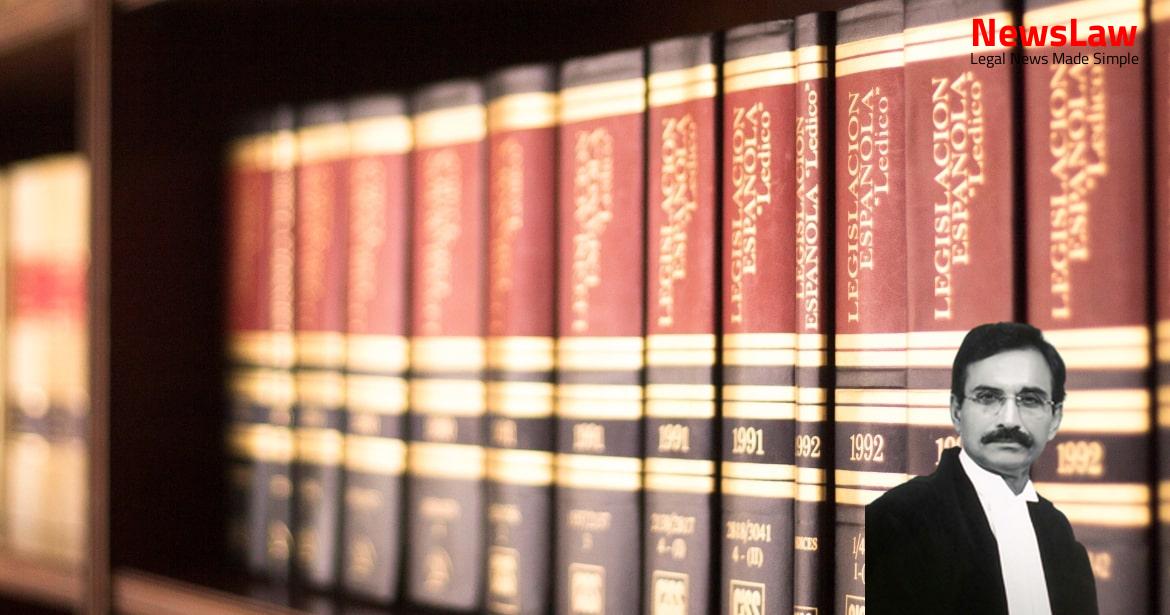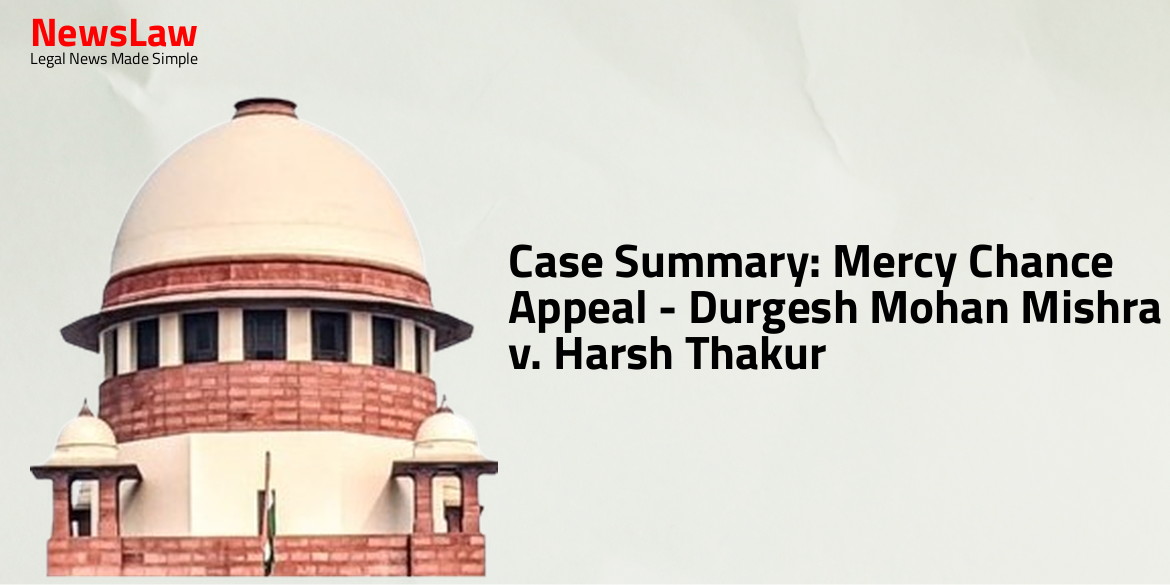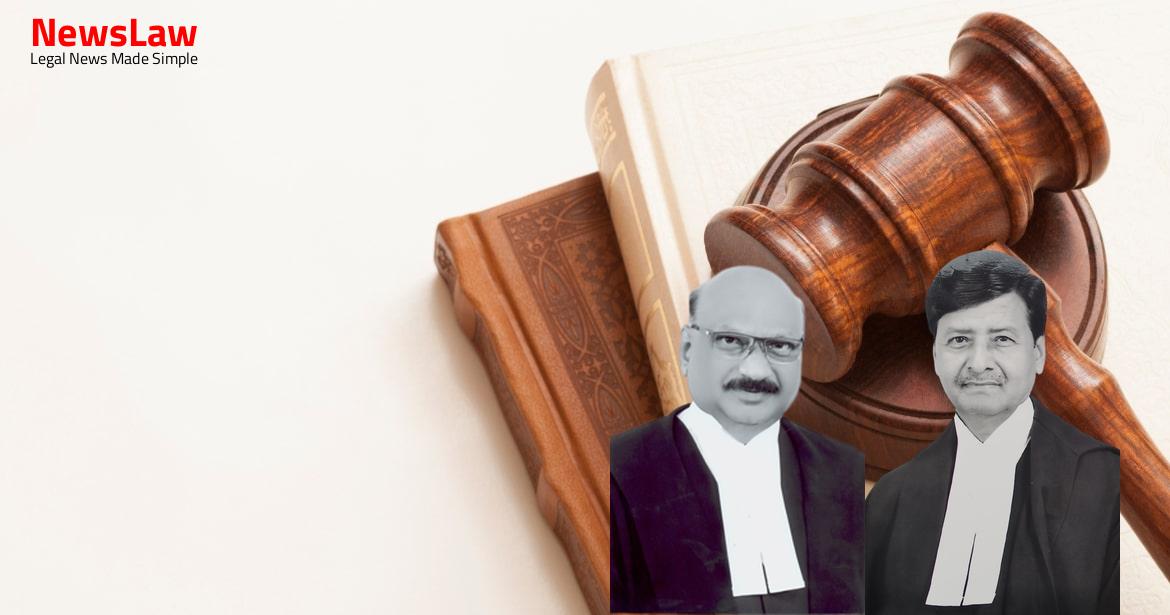Delve into the intricacies of legal analysis regarding employee benefit entitlement in the recent court decision. The focus is on distinguishing between eligibility and automatic entitlement in the context of public employment policies. The court’s detailed examination sheds light on the complexities of employee rights and the role of evolving policies in ensuring fairness and consistency.
Facts
- The respondents contended they were entitled to the second benefit under the ACP Scheme as their right accrued before the introduction of the MACP Scheme in May 2009.
- Representations made by the respondents for the ACP Scheme benefits were rejected by the authorities.
- Subsequently, the respondents filed Original Applications before the Central Administrative Tribunal, Madras Bench.
- The ACP Scheme was superseded by the MACP Scheme in May 2009, which was made retrospectively applicable from September 2008.
- The respondents, working as Junior Engineers/Lower Division Clerks, completed 24 years of service between January and April 2009.
- They expected their cases to be considered for benefit under the ACP Scheme in January 2009.
- In August 1999, the ACP Scheme was brought into effect by the appellant- Union of India to provide relief to employees with such service duration.
- Employees entitled to second benefit/financial upgradation after completion of 12 years of regular service from the date of the first benefit/financial upgradation, totaling 24 years of service.
- MACP Scheme allows for three benefits/financial upgradations at 10, 20, and 30 years of service, unlike the ACP Scheme which allowed two upgradations.
- Tribunal ordered consideration for second benefit/financial upgradation under ACP Scheme for employees with 24 years of service.
- Appeals filed after dismissal of writ petitions by High Court.
- ACP Scheme assures promotional grade, while MACP Scheme only assures higher grade pay.
- Respondents had already availed of the first benefit/financial upgradation under the ACP Scheme.
Also Read: Presumption of Genuine Endorsements in Cheque Case
Arguments
- Appellant submits that employees due for benefits under ACP Scheme before September 1, 2008 will receive ACP Scheme benefits, while those due after that date will be considered under MACP Scheme.
- Refers to a recent judgment by a three-judge Bench in the case of Vice Chairman Delhi Development Authority vs Narender Kumar and others.
- Cites the order of this Court in the case of Union of India & ors. vs Vinay Kumar, stating that the issue is no longer unresolved.
- Compares Clause 6 of MACP Scheme to Clause 6.3 of ACP Scheme, indicating similar procedures for consideration of cases maturing in different parts of a financial year by the Screening Committee.
- Notes that Clause 7 of MACP Scheme mandates the formation of the first Screening Committee within a month of the Office Memorandum, with cases until June 30, 2009 considered for MACP benefits.
- Respondents argue that their cases, completing 24 years of service between January and April 2009, should have been considered in January 2009, before the introduction of the MACP Scheme.
- Claims that the MACP Scheme, issued on 19 May 2009 but made retroactively effective from September 1, 2008, was not applied to these employees due to the impending implementation of the scheme.
- Points out that the Resolution dated 29 August 2008 implementing 6th Central Pay Commission recommendations had an impact on allowance rates from September 1, 2008.
- Clarifies that the respondents would be entitled to benefits under MACP Scheme between September 1, 2008, and June 30, 2009, according to Clauses 6 and 7 of the scheme.
- Mentions that if cases were considered in January 2009, employees could have received the second benefit/financial upgradation under the ACP Scheme.
Also Read: Medical Negligence and Compensation: A Landmark Decision
Analysis
- Employees complained that their assumed entitlement to the second ACP was taken away by the introduction of the MACP in 2008.
- The Court held that employees do not acquire a vested right in securing the second ACP benefit.
- The ACP Scheme entitled an employee to the first benefit after 12 years of service if regular promotion was not available.
- The MACP benefits a larger section of employees with upgrades after 10, 20, and 30 years of service with less rigorous eligibility requirements compared to the ACP Scheme.
- Orders like the MACP scheme are usually prospective and are not embodied in rules.
- In the absence of clear indications in the later policy, employees cannot insist on rights under a superseded policy.
- The eligibility for financial up-gradation is not a vested right but an expectation.
- The public employer, in this case, DDA, must review the employees’ records to determine their eligibility for the up-gradation.
- The second ACP up-gradation is not automatic but dependent on external factors.
- The MACP benefits are framed under executive policy to provide incentives and relieve stagnation, not as an enforceable right.
- The expectation of benefits is similar to a candidate being successful in a recruitment process and being listed for selection.
- In a recent case concerning DDA employees, the court reiterated that eligibility does not equate to automatic entitlement.
- The employees in the DDA case contended for the second benefit under the ACP Scheme based on completed years of service, but the court held that eligibility does not guarantee automatic benefits.
- The court relied on earlier judgments to establish that eligibility is subject to consideration and not guaranteed entitlement.
- The question was directly considered and decided by a three-judge Bench of the Court in the case of Vice Chairman Delhi Development Authority.
- Therefore, the appeals deserve to be allowed based on this view.
Also Read: Remand of Writ Petition for Restoration and Decision on Merits
Decision
- The appeals are allowed.
- The impugned order of the High Court and the orders of the Tribunal are quashed and set aside.
- The Original Applications filed by the respondents-employees are dismissed.
- Cases of the respondents-employees would be governed by the MACP Scheme.
- If cases of any respondents-employees are not finalized under the MACP Scheme, they shall be considered and benefits given within three months.
Case Title: UNION OF INDIA Vs. S. RANJIT SAMUEL (2022 INSC 340)
Case Number: C.A. No.-001625-001627 / 2021



